儀式 [Gishiki / The Ceremony] (Nagisa Ōshima, 1971)
Jan
1
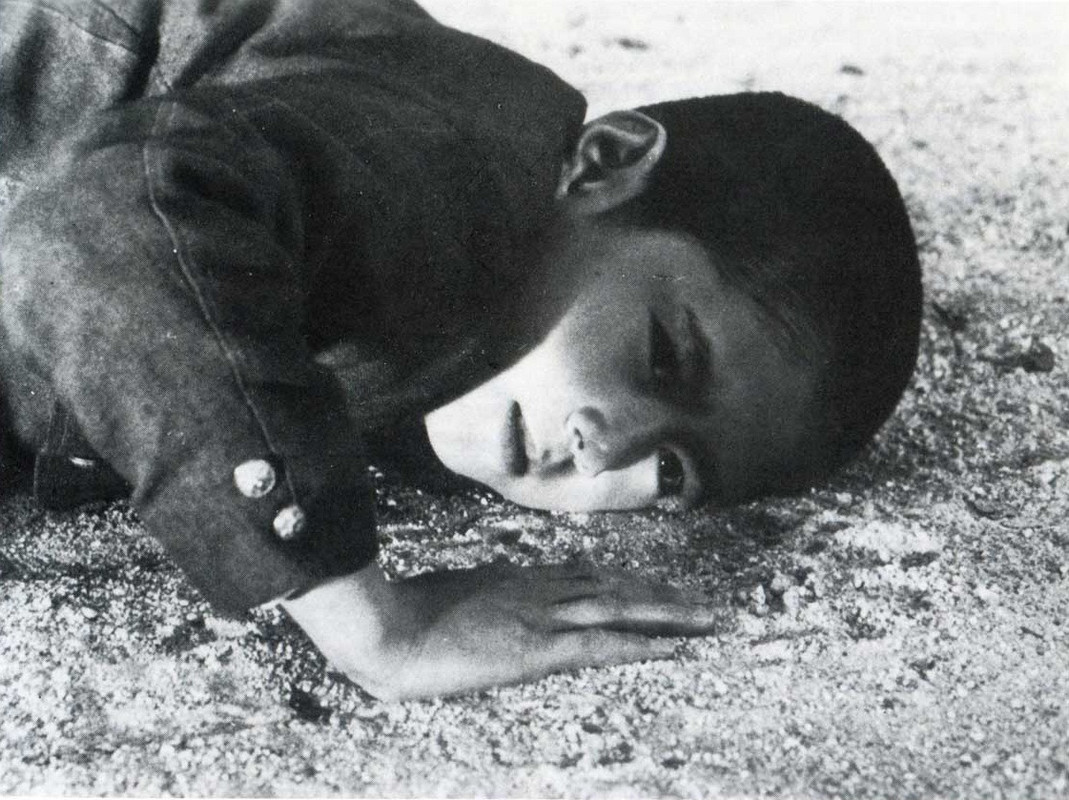
A boy in school uniform has his ear pressed against the ground. DP: Tōichirō Narushima.
history
Balada pro banditu [Ballad for a Bandit] (Vladimír Sís, 1979)
Dec
24
Christmas Eve – Nikolas
.webp)
The bandit and his bride. DP: Viktor Růžička.
A Nikolas or Nicholas for Christmas Eve.
The tale of legendary highwayman Nikola Šuhaj from Koločava.
“He's growing! Look! See how he's growing! I have seen the Lord! The Lord! The Lord!”Die Blechtrommel [The Tin Drum] (Volker Schlöndorff, 1979)
Dec
21
winter solstice
.jpg)
Little Oskar with his tin drum. DP: Igor Luther.
Something short for winter solstice.
– Schugger-Leo
On the eve of World War 2, little Oskar – just three years old – decides he doesn't want to grow anymore.
The Baby of Mâcon (Peter Greenaway, 1993)
Dec
12
Dīpāvalī
.png)
The miraculous child (Nils Dorando) surrounded by candles. DP: Sacha Vierny.
Candles for Diwali*. Today's and tomorrow's theme are virtually interchangeable.
When an old crone gives birth to a beautiful baby, a young virgin claims the child as hers. With the Immaculately Conceived wonder put on display – to the child's contemporaries, the court of Cosimo de' Medici attending a reenactment of the events, and us film viewers – He protects the false Virgin from losing her chastity and blurs the walls between staging and gospel.
* “Diwali, one of the major religious festivals in Hinduism, Jainism, and Sikhism, lasting for five days from the 13th day of the dark half of the lunar month Ashvina to the second day of the light half of the lunar month Karttika. The corresponding dates in the Gregorian calendar usually fall in late October and November.” (source).
“Now consummate the sacrifice in your throat of flame, o father and mother, o god and goddess, o father and mother, o father and son, o god and goddess! Voracious creator! Roaring ardent hunger…” Cabiria (Giovanni Pastrone, 1914)
Dec
5
.png)
The gigantic entrance to the Temple of Moloch in Carthage. Like the entrance to Luna Park Sydney, it's appearance is based on a hellmouth. DPs: Augusto Battagliotti, Eugenio Bava, Natale Chiusano, Segundo de Chomón, Carlo Franzeri & Giovanni Tomatis.
A temple*
The world's first epic film and the debut of – the later hugely popular – strongman Maciste.
* the Bales 2025 Film Challenge for December has a few dateless themes. This is one of them.
Surma hinda küsi surnutelt [Ask the Dead About the Price of Death] (Kaljo Kiisk, 1977)
Dec
1
1924
.png)
A woman wearing a crochet skull cap and an ominous look on her face. DP: Jüri Sillart.
“Mister Moldovan, this is not for the first time that a criminal case is entrusted to you. It is precisely your political objectivity that made us choose you.”Un comisar acuză [A Police Inspector Calls] (Sergiu Nicolaescu, 1974)
Nov
26
1940
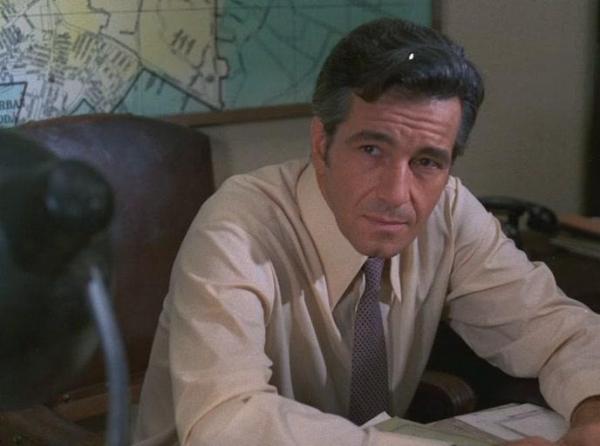
DP: Alexandru David.
Takes place on the night of November 26-27, 1940.
– Alexandru Dincă
3. November 1918 [Third of November 1918] (Edwin Zbonek, 1965)
Nov
3
1918
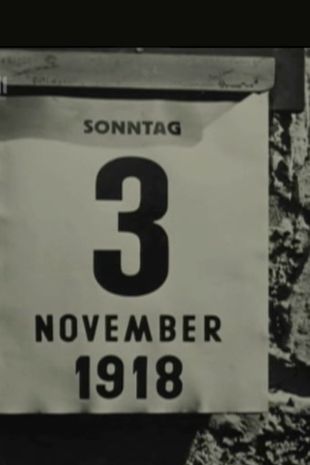
A calendar page for November 3, 1918. It's a Sunday. DP: Rudolf Sandtner.
Takes place on November 2 and 3.
Il pleut sur Santiago [Rain over Santiago] (Helvio Soto, 1975)
Sep
11
1973
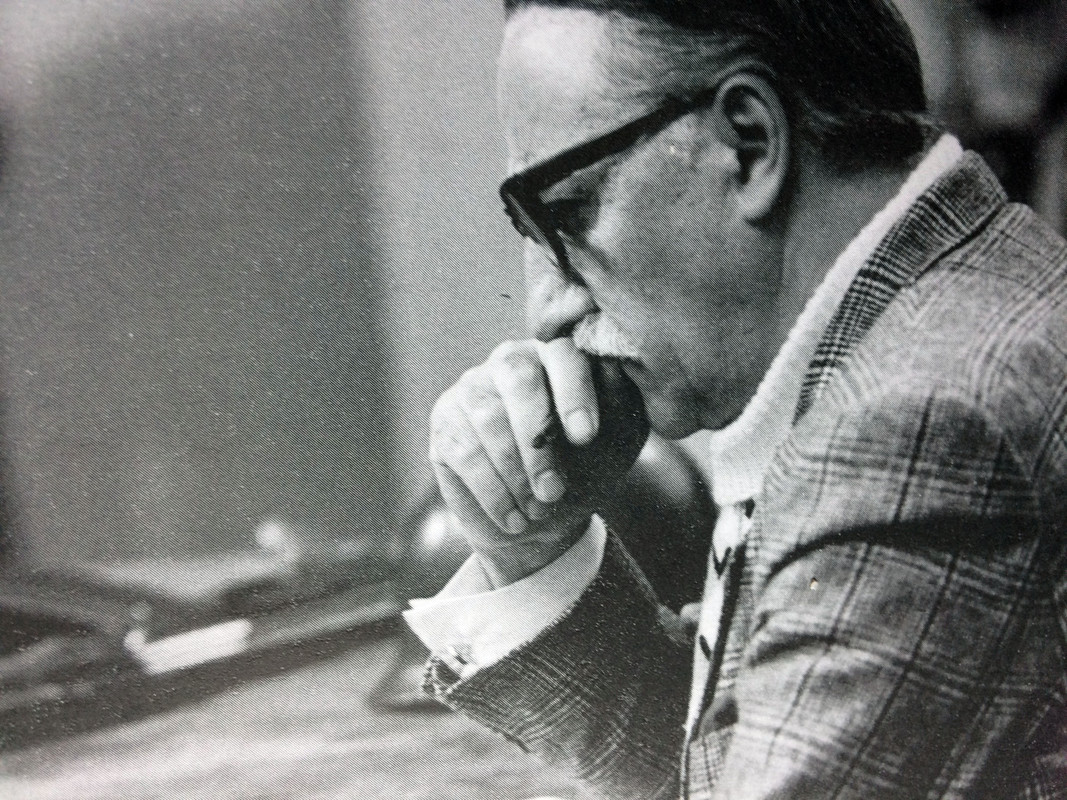
Naicho Petrov as Chilean president Salvador Allende. DP: Georges Barsky .
“Pray for me. I forgive the evil done me.”
Procès de Jeanne d'Arc [The Trial of Joan of Arc] (Robert Bresson, 1962)
Aug
17
forgiveness
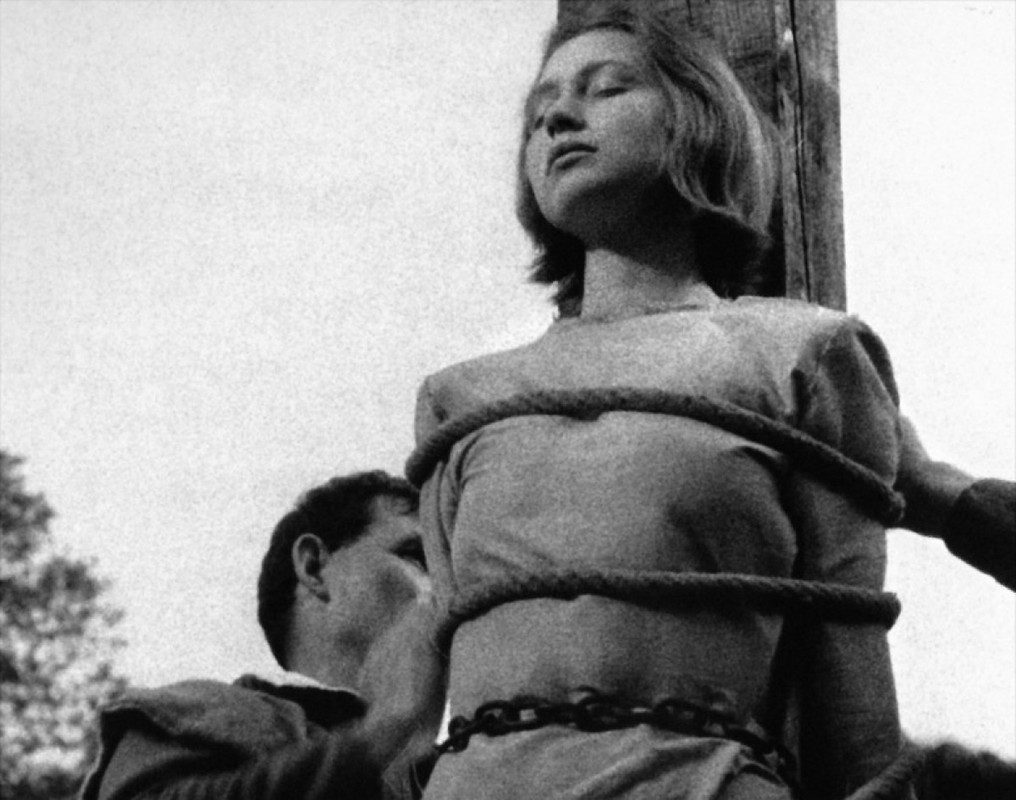
Jeanne (Florence Delay) bound to the stake. DP: Léonce-Henri Burel.
Holi: someone is forgiven (forgiveness being an important aspect of Holi)*
– Jeanne d'Arc
Jeanne trusts her delusions to forgive the people who brought her to justice.
* the Bales 2025 Film Challenge for August is not date-related but lists, for the most part, the colours of the rainbow.